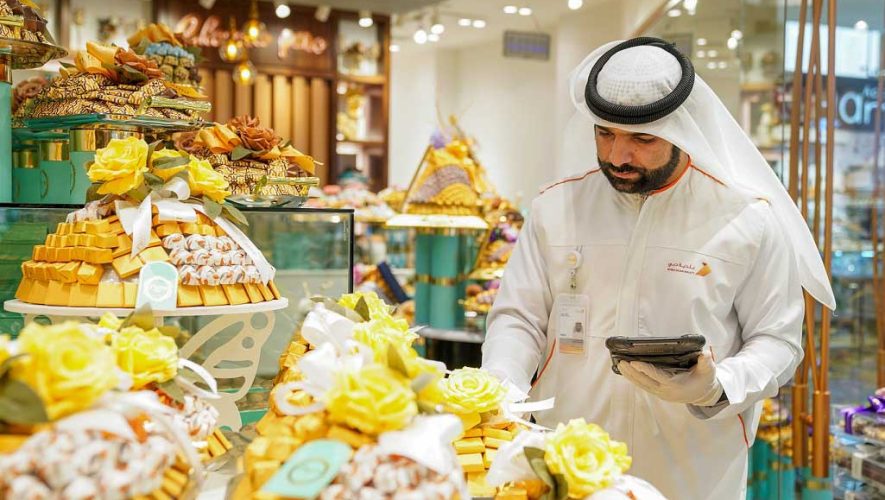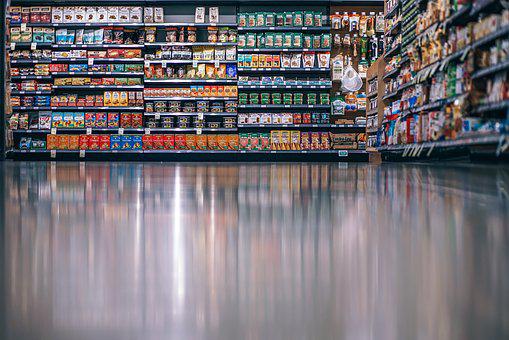Antwerp-headquartered Miko Coffee prides itself on providing the highest quality coffee beans and commercial coffee machines. When small sticks and other foreign material in its coffee beans were causing customers’ grinders to jam, Miko Coffee invested in a SORTEX A. The optical sorter from Bühler is providing a superior coffee bean sort and since its installation the company has reported a 95% fall in customer complaints – generating significant time and cost savings.
Exporting to more than 40 countries, Miko Coffee provides high-quality coffee beans and commercial coffee-making machines to top hotels, cafés, Michelin-starred restaurants, events and exhibition centers, golf clubs, hospitals and a wide range of retail businesses. With more than 600 employees, Miko owns and manages coffee-service subsidiaries throughout Europe and in Australia.
“In late 2013, some customers were contacting us because their coffee machines were becoming jammed by tiny pieces of stick, which remained in coffee beans we’d supplied,” remembers Bart Laps, Plant Manager of Antwerp-based Miko Coffee. “We were having to visit customer premises on technical call-outs, to remove sticks, clean machines and get them up and running again.” Foreign material (FM) in green coffee beans, usually Robusta, can include small pieces of stone, sticks and occasionally plastic and glass. Laps adds “Some batches of green coffee beans can contain many sticks, because when coffee is dried on the ground, these small pieces can easily become collected with the coffee beans. Users often pour whole bags of coffee into their machines, which can then become blocked if any small pieces are still present.
The SORTEX A range of optical sorters have been designed to help processors overcome difficult sorting requirements. They feature advanced inspection technology that identifies differences based on structural properties, enabling the sorter to simultaneously reject unwanted material of the same shape and color as the coffee bean.
Previously, Miko Coffee had used a machine to sieve coffee beans before roasting, but its small mesh meant perfectly good coffee beans were being needlessly sorted out, which affected yield. Using a larger mesh would boost yield, but only remove larger FM. And, to compound the problem, wood has almost the same specific weight as green coffee and can therefore not be removed by a destoner.
“Since we installed our sorter, customer complaints and resulting technical call-outs caused by sticks jamming and damaging machines have fallen by 95%,” Laps reveals. “And because we’re so satisfied – every bean we now process is sorted through our SORTEX A.” The time and cost savings Miko Coffee has made since installing its SORTEX A has helped to offset its investment costs, the company says.



